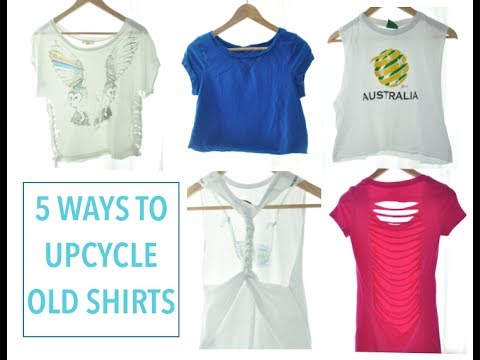The Munibung Hill economy has been operating for centuries on the basis of ecological principles which could be expressed as ecological economics or in simple terms the circular economy.
If humans were to apply these principles, then some products would be off the list, since they are not readily reabsorbed into the land-scape for use by other organisms.
One of these small but ubiquitous items is fridge magnets – they are everywhere. They get handed out as freebies, especially around Christmas time as calendars. Once the 12 month use-by-date – pardon the play on words – has been reached, they invariably end up in land fill, adding to the load that mother earth has to carry as a consequence of having us humans in her life. They then accumulate into a pile of rubbish – a term we dislike since before being made into magnets the raw materials were okay in their own right.
Rarely seen (being at the back of the said item, business cards is one example), these little terrors don’t amount to much individually, but collectively the little becomes a mighty lot. If each of us had to manage our own ‘waste’ rather than ‘disposing’ of it at a public / council facility no doubt we would take steps to attach items by another means.
What to do with them? See.the link for ideas. BUT the better idea is not to have them. Let’s start to reject fridge magnets, by sending a message that they are not sustainable in the long term and we need to find alternative ways to stick reminders and other things on the fridge.
In the short term, we hope to find a company that offers a recycling program that will include magnets.



